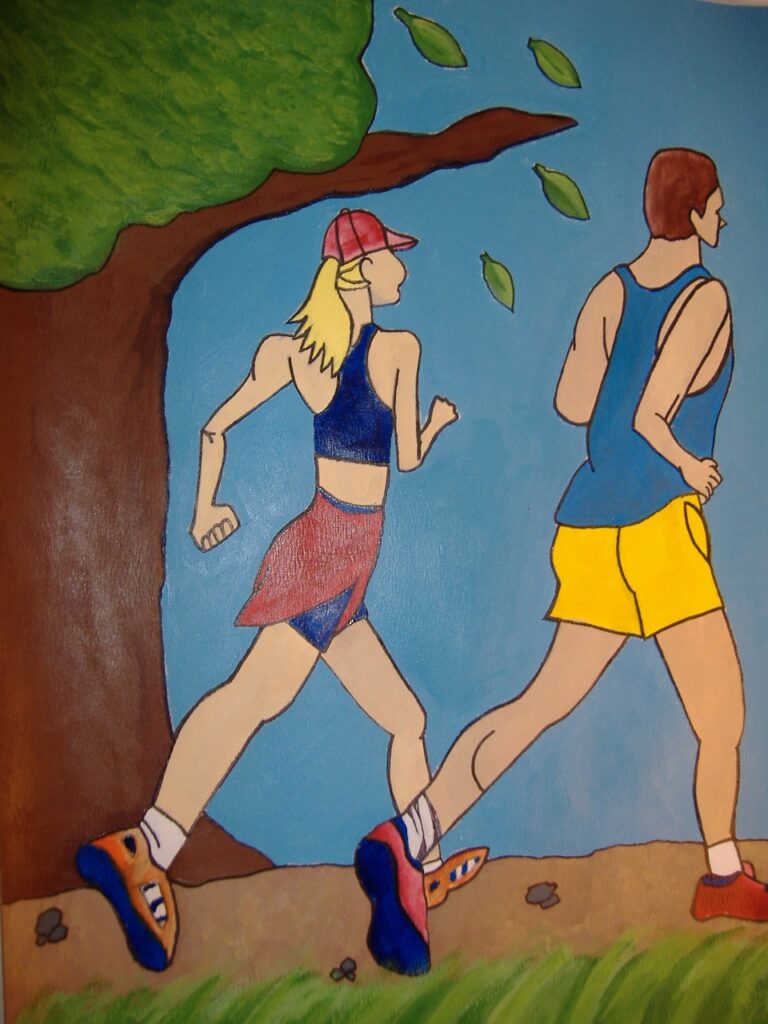
I am a competitive individual. This characteristic has embedded itself deeper under my skin over the span of my life. I have nurtured this personal adjective subconsciously for years. It was born out of my abilities to run fast and to string words together. Recess in elementary school was hardly fun because not a soul would race me across the football field, with the knowledge that they would lose. Running was my passion. I was unable to keep my feet on the ground.
Writing for fun turned into a larger exercise. I entered several writing competitions; publishing articles and poems as early as the third grade. Failure was unacceptable. I had excellent grades and expended every effort to succeed in activities I deemed important. I hated being wrong.
Doesn’t everyone hate to be wrong? Why? Does it make us feel stupid? Are we embarrassed? Sooner, rather than later, we learn that no one is right all the time. WE are not right all the time.
We never forget the worst, most nagging memory of the time we were very wrong.
In my case, embarrassment felt equal to “wrong,” whether or not I was at fault. I attended a performing arts high school, and I was captain of the cross country team. I was in the lead. I won races. I enjoyed my moments in the sun. However; when I was sixteen, I was diagnosed with bipolar 1 disorder. My psychiatrist and I began to experiment with the right combination of medications most beneficial to my illness. I suffered serious, rare side-effects. This was devastating for my personal record.
Ocular gyro crises are a rare but possible side-effect of a few anti-psychotics. I tried for a few months to describe it without success, and it affected my life immensely. I lose control of my eyes. They travel upward, and I cannot focus on the ground, or the view directly before me. My psychiatrist had never seen a case of this, but recognized it. He called a neurologist colleague, who had also never seen a case. That doctor called a neurologist colleague who specialized in eye movement, and he had only seen nine cases in his entire career.
This side-effect happened most frequently when I ran, and it slowed me down. In our regional cross country meet, one of the younger girls on my team, who always ran in the back of the group, overtook me and achieved second position. I finished third. It was my senior year, and last chance to break my own record. I failed.
Though I was not at fault, the ocular gyro crisis ruined my race, and several others that season. I was embarrassed, and I felt “wrong.” The memory of that day will haunt me forever.
When I was in college, I had a small babysitting job. I would bring books, movies, games and activities to share with the kids. Once, a little girl wanted to play a game she owned, titled, “Disney’s Scene It.” I am an expert in that field, so I aced it. Three times. Christmas of that year, I received this game as a gift from my sister. I have not played it, fearing loss and embarrassment if someone beat me. I know that is silly and a bit cowardly, but an example that we are all human and we all make mistakes. Our fear of “wrong” is strong.
–SJB